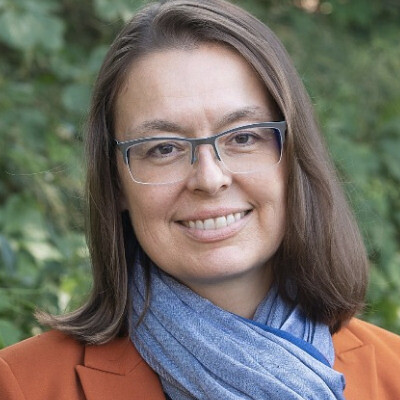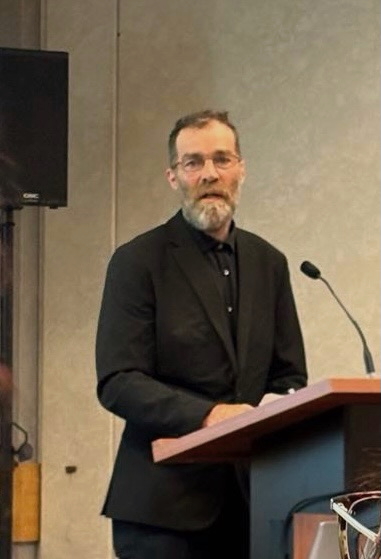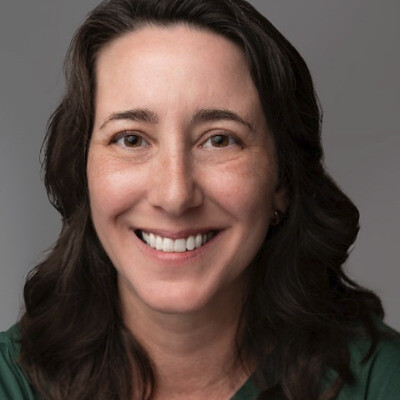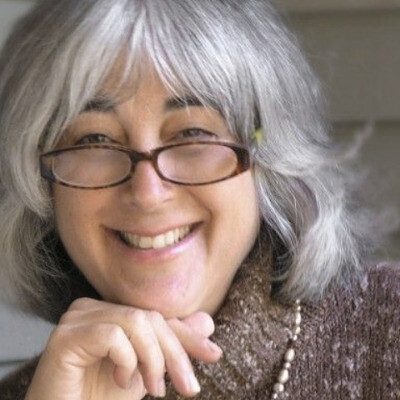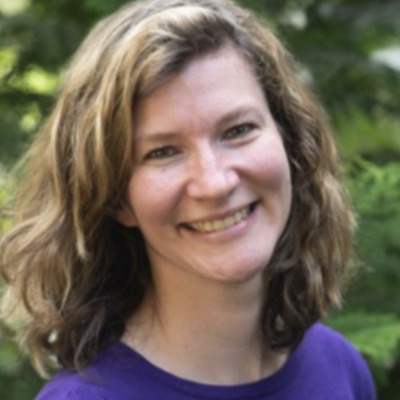The Knowledge Exchange (KE) series seeks to fill gaps in topics not typically found in traditional health curriculum, underscoring social determinants of health and the voices of people with lived experience. In our lightening talk we will provide background on how KEs originated, the faculty buy-in they now receive, and the ways in which they successfully expose students from across professions to each other’s knowledge and expertise. To illustrate the KE model, we will describe an event that explored the critical intersection of oral health and recovery from substance use disorder (SUD), emphasizing the roles of interprofessional education (IPE), insider knowledge, and community engagement in improving health outcomes. The lightening talk will be presented by individuals with lived experience, faculty, and university professional staff. Lived experience is paired with interprofessional harm reduction strategies that position oral health as a vital component of recovery.
This presentation directly addresses the Summit’s theme of enhancing health outcomes through interprofessional collaboration by demonstrating how experiential, community-informed learning fosters teamwork and communication competencies. The KE model is intentionally designed to align with curricular goals for future practice (El-Awaisi et al., 2016), beginning with early exposure to new content and learning approaches (Kolb, 1984). By integrating IPEC sub-competencies and cultural humility into the curriculum, the session prepares learners to navigate complex, real-world challenges through collaborative, person-centered care.
The session fulfills the priority criteria of Person, Family, and Community-Engaged Practice and Education. Individuals in recovery co-create the learning experience, offering ethical, community-engaged education that centers lived experience as expertise. The KE format includes facilitated small-group discussions where students reflect, respond, and debrief in interprofessional teams—deepening their understanding of systemic barriers and collaborative solutions.
This scalable, virtual educational model supports curricular goals across disciplines and in the session under discussion, highlights how oral health disparities exacerbate recovery challenges. The model also demonstrates how interprofessional teams—including community advocates such as peer recovery coaches and patient navigators—can intervene effectively to support recovery.
The KE model equips future providers with the skills and perspectives needed to deliver compassionate, collaborative care that addresses the full spectrum of patient needs.
In support of improving patient care, this activity is planned and implemented by The National Center for Interprofessional Practice and Education Office of Interprofessional Continuing Professional Development (National Center OICPD). The National Center OICPD is accredited by the Accreditation Council for Continuing Medical Education (ACCME), the Accreditation Council for Pharmacy Education (ACPE), and the American Nurses Credentialing Center (ANCC) to provide continuing education for the healthcare team.
As a Jointly Accredited Provider, the National Center is approved to offer social work continuing education by the Association of Social Work Boards (ASWB) Approved Continuing Education (ACE) program. Organizations, not individual courses, are approved under this program. State and provincial regulatory boards have the final authority to determine whether an individual course may be accepted for continuing education credit. The National Center maintains responsibility for this course. Social workers completing this course receive continuing education credits.
The National Center OICPD (JA#: 4008105) is approved by the Board of Certification, Inc. to provide continuing education to Athletic Trainers (ATs).
This activity was planned by and for the healthcare team, and learners will receive Interprofessional Continuing Education (IPCE) credit for learning and change.


Physicians: The National Center for Interprofessional Practice and Education designates this live activity for AMA PRA Category 1 Credits™. Physicians should only claim credit commensurate with their participation.
Physician Assistants: The American Academy of Physician Assistants (AAPA) accepts credit from organizations accredited by the ACCME.
Nurses: Participants will be awarded contact hours of credit for attendance at this workshop.
Nurse Practitioners: The American Academy of Nurse Practitioners Certification Program (AANPCP) accepts credit from organizations accredited by the ACCME and ANCC.
Pharmacists and Pharmacy Technicians: This activity is approved for contact hours.
Athletic Trainers: This program is eligible for Category A hours/CEUs. ATs should claim only those hours actually spent in the educational program.
Social Workers: As a Jointly Accredited Organization, the National Center is approved to offer social work continuing education by the Association of Social Work Boards (ASWB) Approved Continuing Education (ACE) program. Organizations, not individual courses, are approved under this program. State and provincial regulatory boards have the final authority to determine whether an individual course may be accepted for continuing education credit. The National Center maintains responsibility for this course. Social workers completing this course receive continuing education credits.
IPCE: This activity was planned by and for the healthcare team, and learners will receive Interprofessional Continuing Education (IPCE) credits for learning and change.
Learners can claim CE credit by completing the Daily Evaluation.

